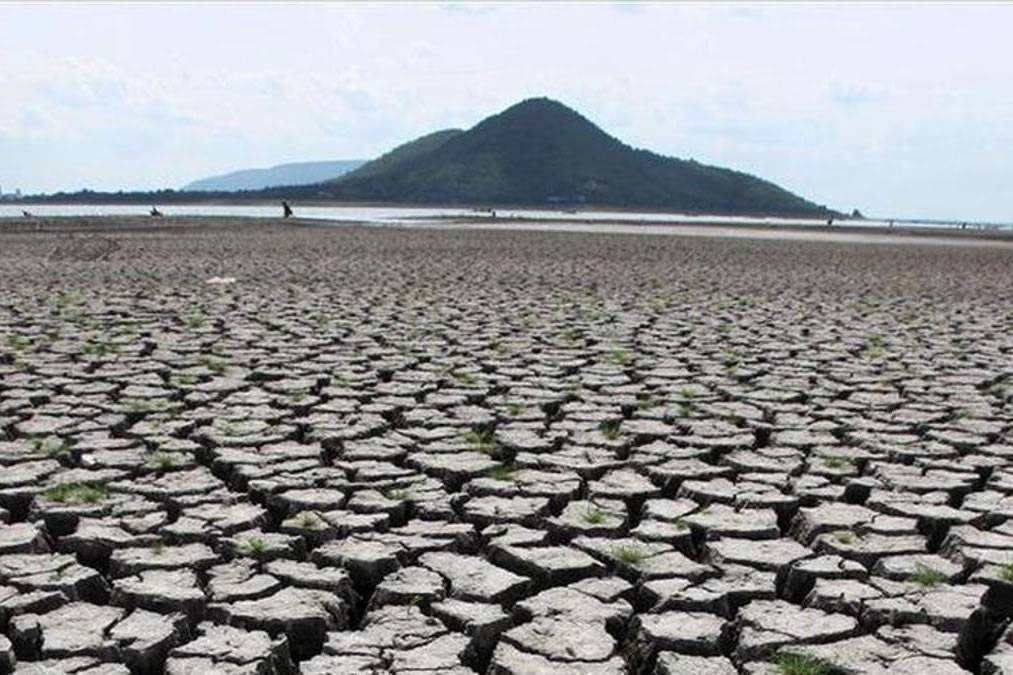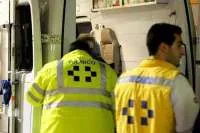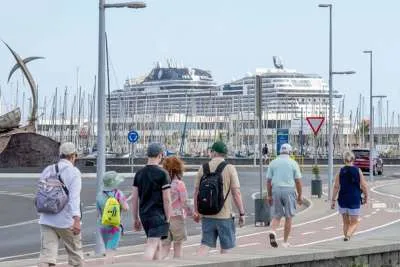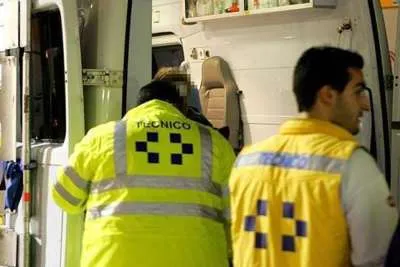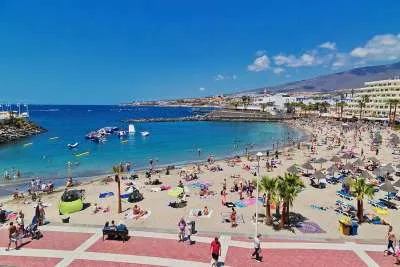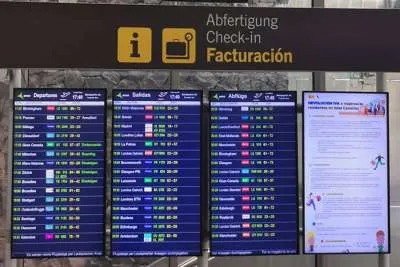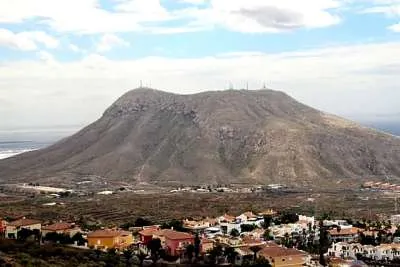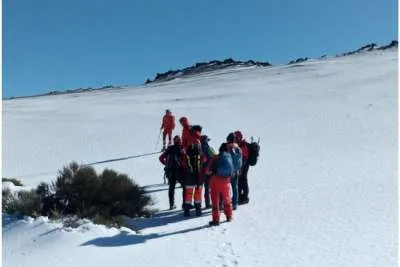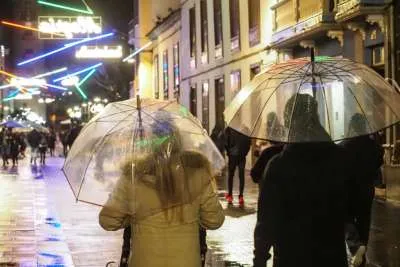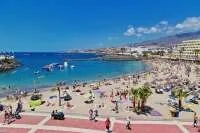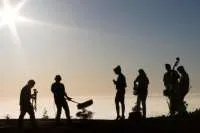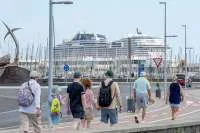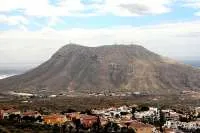Cabildo officially declares a water shortage emergency in Tenerife
- 02-03-2024
- Tenerife
- Tenerife Cabildo
- Photo Credit: El Diario
In an urgent response to the escalating water crisis on the island, the Tenerife Cabildo, with support from all major political parties, unanimously approved an institutional declaration of water emergency yesterday, Friday. This comprehensive declaration encompasses various measures aimed at ensuring water supply, advocating for portable desalination facilities, launching awareness campaigns on water consumption, and establishing a 'Drought Council.'
The President of the Cabildo, Rosa Dávila, commended the "responsibility" displayed by all parties in pushing through this agreement, which received backing from the agricultural sector on Thursday. She emphasised that the island's councillors are the "representatives of the people" of Tenerife, justifying their legitimacy in making this critical decision.
The declaration will be processed by the Insular Water Council and includes a total of 34 emergency actions designed to secure the necessary water flow for agricultural sustainability during the upcoming warmer months, while also fully preserving sanitary and domestic uses.
The document outlines over a dozen projects for pumping stations, purifiers, and water supply stations. It proposes the creation of one or two portable stations in the Northeast region (Valle Guerra or Mesa del Mar) that can tap into surplus resources.
The island is currently experiencing evident water shortages, marked by a severely deficient underground water balance and a continuous decline in groundwater levels. Notably, the island's underground water reservoir is decreasing by an average of 2.5 to 3 linear metres annually – which is millions of cubic metres each year - with peaks reaching up to five meters.
Over the past four years, warm thermal anomalies and extremely low precipitation have become the norm, with eight heatwaves and numerous high-temperature episodes recorded outside the summer season. Sunshine hours have exceeded normal levels by more than 10%.
Historic Low Water Levels in Reservoirs
The water crisis has led to historic lows in the reservoirs managed by Balten, reaching critical levels below 10% in the summer of 2023 - the lowest in recent years during the summer season. Additionally, the demand for irrigation water significantly increased, with 18% more supplied in the first half of last year compared to the same period of 2022.
However, the current situation is considerably worse than that of 2023, a year when agricultural irrigation supply was already severely compromised. The Cabildo's emergency measures aim to address these critical challenges and ensure the island's water supply during this unprecedented period of drought.
Second municipality introduces water ban
Arico joins Fasnia and announces restrictions on water consumption, making it the second municipality in Tenerife to adopt this measure in 24 hours.
“In order to guarantee the supply of water for human consumption to all of our residents, a rational use of it is required, as well as extreme saving measures to achieve more responsible and efficient consumption,” the Arico Council said in an official press release.
Among the measures adopted, the prohibition on washing vehicles is included (except at service stations), as well as the filling of swimming pools, ponds, reservoirs or tanks. In addition, the use of showers on beaches is prohibited and it is urged not to use drinking water for irrigation.
So far, no tourist areas have introduced water restrictions, however, data shows that these areas use up to six times more water than residential areas.
Emergency meeting called to introduce measures across the islands
The Ministry of Water of the Government of the Canary Islands, headed by Marcos Lorenzo, has called a meeting for March 11th with representatives of the island’s Cabildos, island water councils, and town councils of each of the Canary Islands to agree on saving measures for both water for human consumption and irrigation.
The driest autumn and winter since records began has left the aquifers practically dry and the reservoirs at a third of their capacity, figures typical of the summer but not of these dates, when, for example, reservoirs are usually above 72% of their storage capacity.


